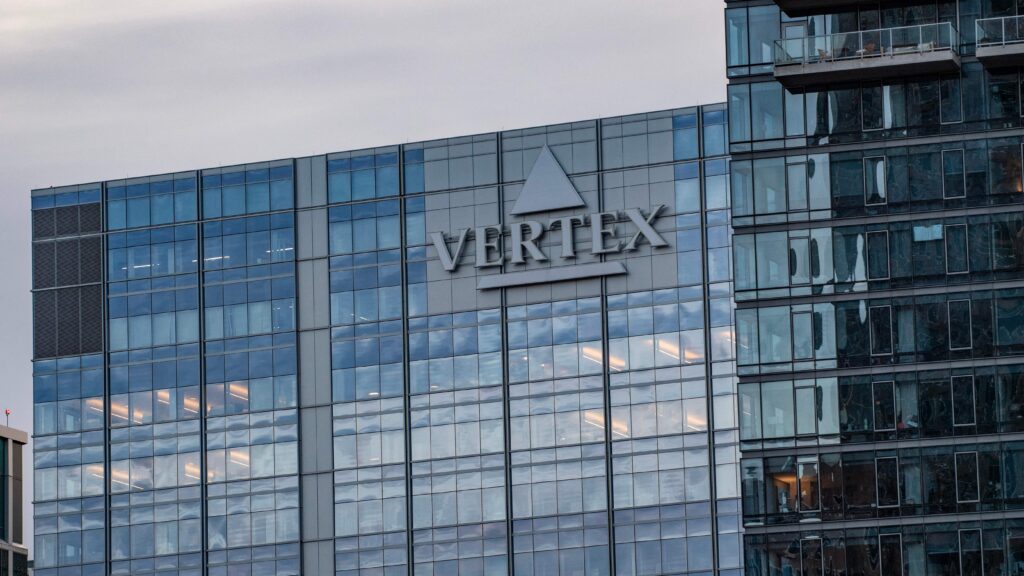Want to stay on top of the science and politics driving biotech today? Sign up to get our biotech newsletter in your inbox.
Hello! This is our last edition of the Readout until January 3, so I hope you have a lovely holiday! A thought: If you’re strapped for gift ideas, you could always gift three months to STAT+ for $10. Totally worth it. See you next year!
advertisement
The need-to-know this morning
- Bristol Myers Squibb said that Sotyktu, which is already approved to treat plaque psoriasis, met the primary endpoint in two Phase 3 trials of patients with psoriatic arthritis.
What to expect after Novo’s CagriSema readout
CagriSema, Novo Nordisk’s next-gen obesity drug that combines semaglutide with the amylin analog cagrilintide, fell short of weight loss projections — leading to an 18% drop in Novo’s stock. Specifically, the drug promoted weight loss of about 20%, significantly below the 25% weight loss target the company had projected.
The news has buoyed competitor market value, with Eli Lilly — whose weight loss drug Zepbound already outperforms Novo’s Wegovy. On Friday, Lilly’s stock was up 1.4%. These results do have implications for other amylin candidates, and perhaps the obesity market more broadly.
“The drugs that are already on the market are good enough for the vast majority of patients, and all of these other next-gen drugs in development — I’m skeptical that they’re really serving a greater purpose,” one Mizuho analyst said.
advertisement
Neuralink device, others get FDA ‘breakthrough’ status
The FDA granted breakthrough status to at least nine medical devices between September and December, inlcuding Neuralink’s “Blindsight” brain inmplant to restore vision for people with optic nerve damage. Another interesting one: It’s deemed Field Medical’s pulsed field ablation technology for treating heart arrhythmias.
STAT’s keeping tabs on all the nifty devices that the FDA deems as breakthroughs. The program, launched in 2017, facilitates Medicare reimbursement and helps companies attract funding — though its direct benefit to patients is still an open question.
Vertex drug for cystic fibrosis wins approval
The FDA just approved Alyftrek, a once-daily medicine for a small slice of cystic fibrosis patients that carry certain mutations, including F508del. It’s a triple combination CFTR modulator that works across 31 other mutations, and outperformed Trikafta — another popular Vertex drug for cystic fibrosis — in its ability to reduce sweat chloride levels. This is the company’s fifth CFTR modulator to win U.S. approval.
Vertex said that the drug offers simpler dosing for existing patients taking its drugs — but will be beneficial for an additional 150 U.S. patients with the disease, whose mutations are now treatable.
Zepbound approved for sleep apnea
The FDA has approved Eli Lilly’s obesity drug Zepbound, or tirzepatide, as the first medication for moderate-to-severe obstructive sleep apnea. This approval could help expand insurance coverage, including Medicare, which is barred from covering weight-loss drugs. It could also strengthen the case for broader use of GLP-1 treatments, since this is a clear health benefit that isn’t strictly related to weight loss.
The studies underpinning this approval showed that Zepbound reduces the breathing interruptions that happen during sleep. Some experts project that Zepbound’s approval could actually reduce the demand for CPAP machines, though others think the devices will still be needed for immediate symptom relief and could be used in tandem with the GLP-1 drug.
advertisement

